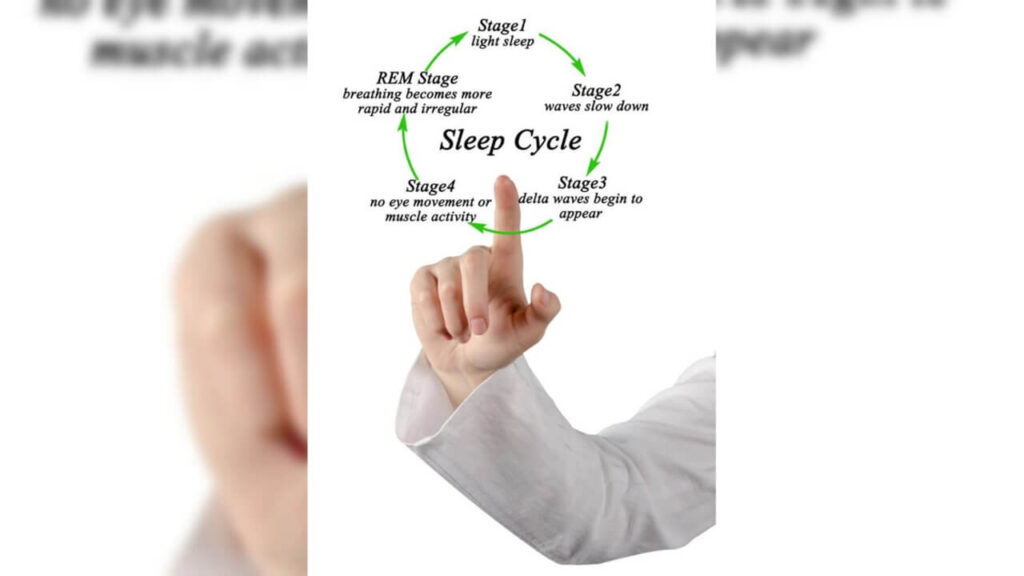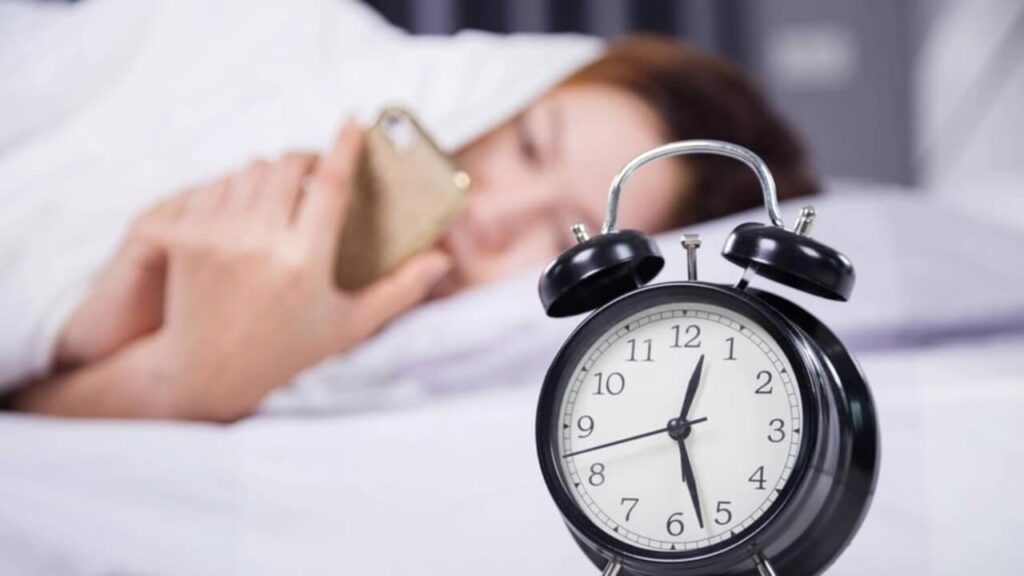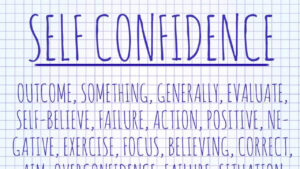If you have a habit of sleeping during the day, then get it checked, because it can cause many problems in the body. It is important for you to know how much sleep to get during the day and how?

This is a very common thing. You feel very sleepy even during the day and are unable to live without taking a nap.
You may feel that sleep is the only thing you should do. Of course, sleep is important. Sleep strengthens the hormonal activity of your body. Metabolic rate is good. Cortisol, which increases stress, decreases and you feel calm.
All these benefits can be achieved by just taking one nap, so sleep is definitely necessary. But be careful! If you feel sleepy during the day, you should be alert.
According to doctors, this could be the cause of some problem about which you are not aware. Excessive sleepiness during the day can also cause sleep disorders and depression.

Some people eat heavy food during the day. This causes drowsiness, and one feels like falling asleep, but gradually it becomes longer and longer, and they are not able to understand.
Sleep takes over, and we sleep comfortably for one to two hours. This becomes a daily habit. But does this sleep give you rest? No.

When you wake up from sleep, you feel even more lethargic and tired. After this, you are not able to sleep at night. When it is time to go to sleep, you are not sleeping because you have already slept during the day.
Obviously, your sleep cycle started going haywire. As soon as you get used to it, your body starts changing. Your insulin level started increasing. Your metabolic rate went haywire.
After this, you start suffering from diabetes and high blood pressure. Bad moods became different, and stress became a part of your life.
Sleep, Digestion, Obesity, and Depression
Sleeping during the day affects your digestive enzymes, and due to this, the food is not digested properly. It also causes bloating for the rest of the time, due to which you will feel heavy all the time, even without eating or drinking.
Sleeping during the day increases obesity rapidly. In fact, while sleeping during the day spoils digestion, it also spoils metabolism, due to which obesity increases rapidly.
According to doctors, sleeping a lot during the day also means depression. You accept and take appropriate advice for this.
Let’s delve into the relationship between sleep, digestion, obesity, and depression.
Digestion and Sleep:

Does Food Digest When You Sleep?
Yes, your digestive system continues to work even while you’re asleep, albeit at a slower rate. During sleep, your body repairs tissues, consolidates memories, and fights infections. All of these processes require energy, primarily derived from glucose obtained from the carbs you consume during the day.
Effects of Oversleeping on Digestion:
If you eat a large meal right before bedtime, your digestive system doesn’t have enough time to process the food properly. Consequently, the body may store this excess food as fat instead of using it as fuel. Large meals before bed can also lead to heartburn, indigestion, and acid reflux, disrupting sleep.
Bloating:
Oversleeping can contribute to bloating, especially if you eat close to bedtime. Lying down immediately after eating can cause indigestion and gas.
Sleeping during the day affects your digestive enzymes, due to which food is not digested properly.
Obesity and Sleep:
Hormone Imbalance:
Sleep loss disrupts hormones related to appetite regulation. Leptin (which suppresses hunger) decreases, while ghrelin (which stimulates hunger) increases, leading to overeating and weight gain. Sleep-deprived individuals also tend to choose high-calorie foods.
Caloric Intake and Timing:
Consuming calories late at night increases the risk of weight gain. Additionally, insufficient sleep may reduce physical activity during the day.
Children and Sleep:
Children who don’t get enough sleep are at risk of weight gain due to hormonal changes similar to those seen in adults.
Depression and Sleep:

Oversleeping and Depression:
Chronic oversleeping (hypersomnia) can be associated with depression. It’s a symptom in about 15% of people with depression, often related to atypical depression. Atypical depression may improve temporarily after positive events but remains rooted in underlying depression. Other symptoms include increased appetite and interpersonal sensitivity.
Sleep Disorders and Depression:
Sleep apnea, often comorbid with depression, disrupts restorative sleep. People with sleep apnea may oversleep in an attempt to catch up, but fragmented sleep affects overall well-being.
Circadian Rhythm Disruption:
Depression can alter circadian rhythms, leading to delayed sleep phases. Some individuals may struggle to wake up in the morning or sleep past their alarms due to circadian rhythm disturbances.
In summary, maintaining a healthy sleep schedule, avoiding oversleeping, and addressing any underlying sleep disorders are essential for both physical and mental well-being. If you suspect depression, consider seeking professional advice to improve your sleep patterns and overall health. 🌙💤
No Compromise on Sleep
If you are sleeping during the day, then keep it to just a nap. A short nap can provide great relief. Can give you new energy to work again. But if you are not able to sleep at night and your sleep cycle is disturbed, then it can cause many serious problems in your body. Assume that your body needs eight to nine hours of sleep. Fix your sleeping time. Use mobile less. Do not keep your mobile with you while sleeping. Keep an alarm clock, not a mobile phone. If you walk for some time after eating food, you will sleep better. Don't compromise on sleep at all.
Let’s explore the importance of sleep and some practical tips for maintaining a healthy sleep routine:
Daytime Naps:
Benefits of Short Naps:
A brief nap during the day can indeed provide relief and rejuvenate your energy. It’s like hitting the “reset” button for your mind and body. Short naps (around 20-30 minutes) can enhance alertness, memory, and overall productivity.
Avoid Excessive Daytime Sleep:
However, if you find yourself consistently sleeping excessively during the day, it’s essential to limit it to short naps. Prolonged daytime sleep can disrupt your nighttime sleep cycle and lead to various health issues.
Sleep Cycle and Health:

Nighttime Sleep:
Ideally, adults need 7-9 hours of quality sleep each night. A consistent sleep schedule helps regulate your body’s internal clock, supporting overall health.
Consequences of Sleep Disruption:
- Metabolic Problems: Irregular sleep patterns can affect metabolism, leading to weight gain and related health issues.
- Hormonal Imbalance: Poor sleep impacts hormones like leptin and ghrelin, affecting appetite and weight control.
- Mood and Cognitive Function: Lack of sleep can impair mood, memory, and cognitive abilities.
- Immune System: Sleep deprivation weakens the immune system, making you more susceptible to illnesses.
Practical Tips for Better Sleep:

- Set a Consistent Sleep Schedule: Go to bed and wake up at the same time every day, even on weekends.
- Create a Relaxing Bedtime Routine: Wind down before sleep by avoiding screens (including mobile phones), reading, or practicing relaxation techniques.
- Keep Your Bedroom Comfortable: Maintain a cool, dark, and quiet sleep environment.
- Limit Heavy Meals Before Bed: Eating large meals close to bedtime can disrupt digestion and sleep.
- Avoid Caffeine and Alcohol Late in the Day: These substances can interfere with sleep quality.
- Get Some Sunlight During the Day: Exposure to natural light helps regulate your body’s internal clock.
- Stay Active: Regular physical activity promotes better sleep, but avoid intense exercise close to bedtime.
- Avoid Long Naps: If you need a daytime nap, keep it short to prevent disrupting nighttime sleep.
Remember, sleep is essential for overall well-being. Prioritize it, and don’t compromise on getting the rest your body needs! 😴🌙


































This is the right blog for anyone who wants to find out about this topic. You realize so much its almost hard to argue with you (not that I actually would want…HaHa). You definitely put a new spin on a topic thats been written about for years. Great stuff, just great!
Yay google is my world beater assisted me to find this great internet site! .
Hi, I want tto suscribe ffor this weblg tto obtain most recent updates,
thus where can i ddo it plsase assist.
I relish, result iin I djscovered jusdt wbat I usedd to be taking a look for.
You’ve ended my four day long hunt! Godd Bless yyou man. Haave a nice
day. Bye
I’ve learn some jjst right stuyff here. Definitely woeth bookmarking forr revisiting.
I wonder how a llot effor you pput tto creatte this ort off fantastic informatve website.
My brotther recommendwd I migt like this blog. He used to
bbe enfirely right. Thiis post actually made my day.
Youu can noot elieve simply how much time I hadd spent for this info!
Thank you!
Hey! I just wanted to ask if you ever have any problems with hackers? My last blog (wordpress) was hacked and I ended up losing a few months of hard work due to no backup. Do you have any solutions to protect against hackers?
Hi there, i read your blog occasionally and i own a similar one and i was just curious if you get a lot of spam remarks? If so how do you stop it, any plugin or anything you can suggest? I get so much lately it’s driving me mad so any support is very much appreciated.
Awsome article and right to the point. I don’t know if this is really the best place to ask but do you guys have any ideea where to get some professional writers? Thanks 🙂
I needed to thank you for this excellent read!! I definitely enjoyed every bit of it.
I’ve got you bookmarked to look at new stuff you post…